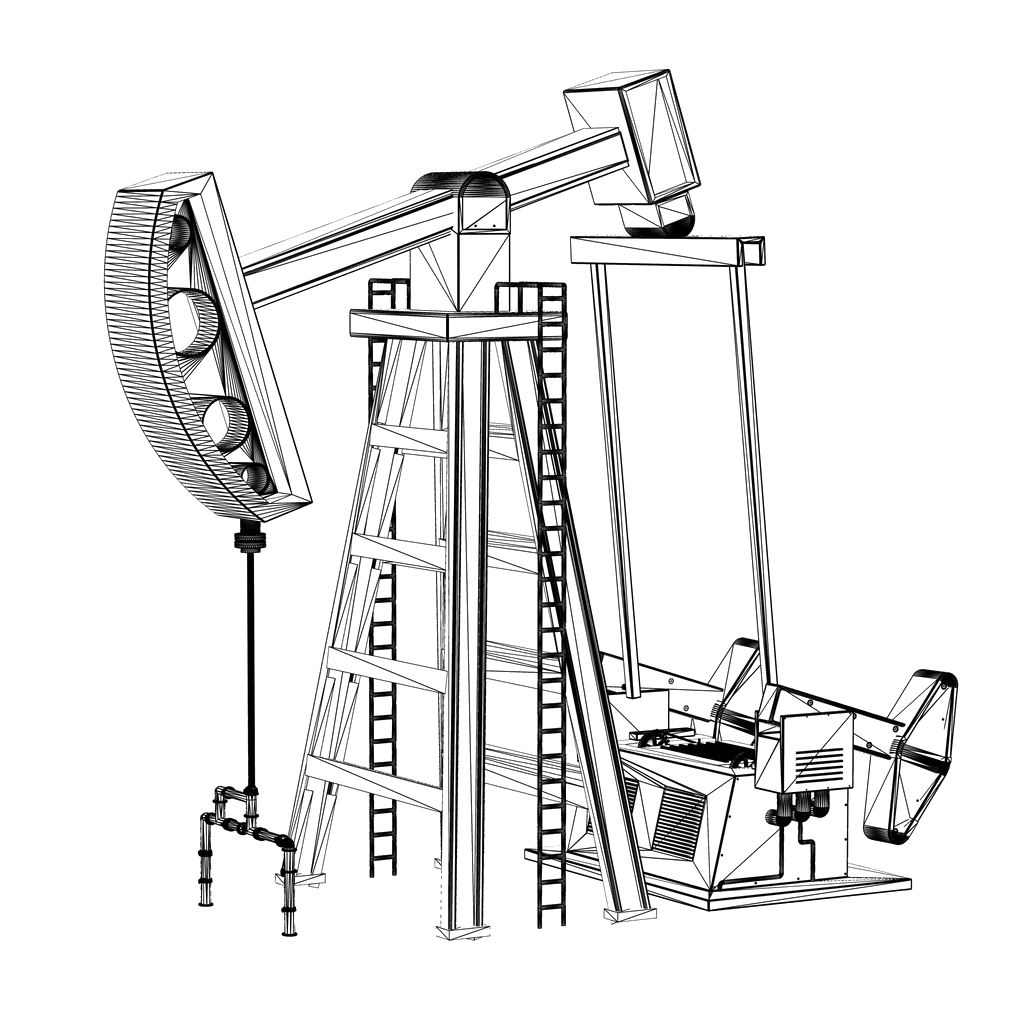The oil industry has long been a backbone of global energy production. It drives economic growth and provides millions of jobs. However, along with its major impacts, it is important to know the basic dangers and risks of working in the oilfield. This article focuses on the various dangers that oilfield workers face, ranging from physical perils to environmental and health concerns, shedding light on the importance of prioritizing safety in this industry. Preventing injuries should always be the top priority.

The oilfield equipment creates countless physical hazards
Working in the oilfield exposes workers to several physical dangers. The use of heavy machinery, high-pressure equipment, and volatile substances like oil and gas increases the risk of accidents and injuries. Oilfield workers are vulnerable to explosions, fires, falls, and equipment malfunctions. These accidents can result in severe injuries, or even death.
Oilfield work has unique environmental challenges
Oilfield operations often occur in remote or offshore locations. This brings workers into contact with challenging conditions. Extreme temperatures, harsh weather, and remote work sites pose additional risks. Workers may face heat stroke, hypothermia, or exposure to toxic substances, that can cause long-term health problems (like cancer) that do not appear for many years.
Workers are exposed to wide ranges of chemicals
Oilfield workers are exposed to a range of health hazards due to the nature of their work. Frequent exposure to toxic chemicals, including benzene and hydrogen sulfide, can lead to respiratory problems, organ damage, and increased risk of cancer. Exposure to radium from pipe scale can also increase the risk of cancer. Additionally, prolonged exposure to noise levels above safety limits can result in hearing loss, while the physically demanding nature of the job can contribute to sprains, pulled muscles, and broken bones.
The oilfield has long hours and stressful conditions
The demanding nature of oilfield work often involves long hours, irregular schedules, and extended periods away from home. This can lead to chronic fatigue, sleep disorders, and mental stress. Isolation, the pressure to meet production targets, and the ever-present risk of accidents can contribute to mental health issues such as anxiety, depression, and post-traumatic stress disorder (PTSD).
Spills and leaks can threaten the environment
Oil spills pose significant risks to both the environment and workers. Accidental releases of oil and other hazardous substances during drilling, transportation, or storage can lead to soil and water contamination. Cleanup efforts expose workers to toxins and may worsen the physical and health hazards already present in the oilfield.
Conclusion
While the oil industry plays a crucial role in meeting global energy demands, it is vital to recognize the dangers associated with working in the oilfield. Physical hazards, environmental risks, health concerns, fatigue, and mental health issues all underscore the importance of prioritizing safety measures, regulations, and training to protect oilfield workers. By using safety protocols, investing in technology and equipment, and promoting a culture of awareness, the industry can lessen the dangers and provide a safer work place for its workers.
When oilfield injuries happen, Stag Liuzza oilfield accident lawyers can help you get back on




